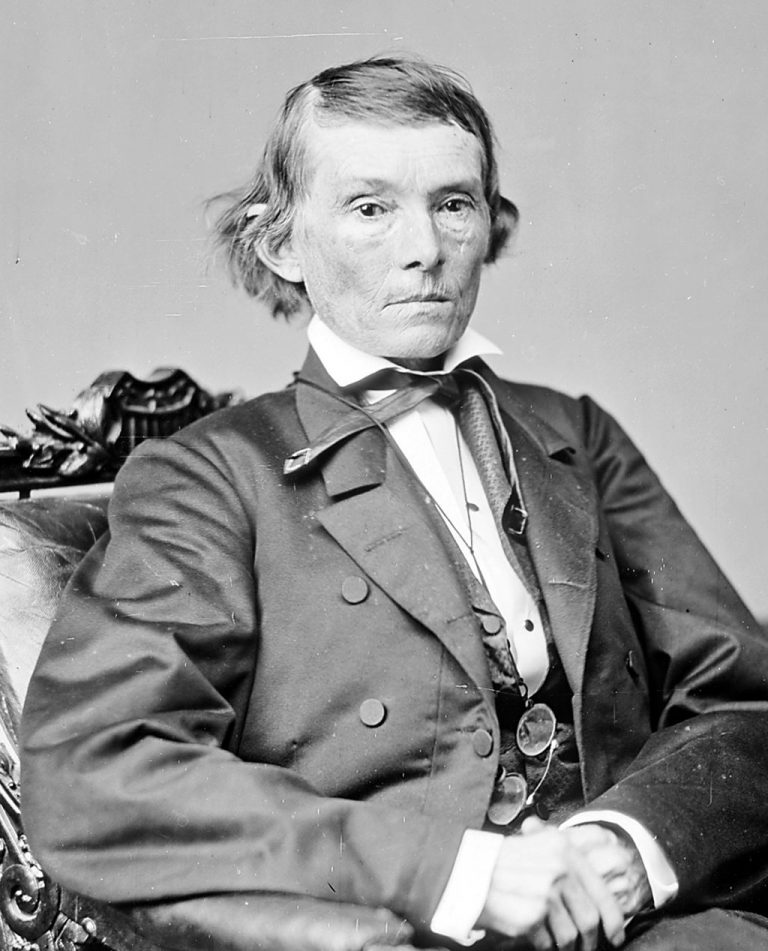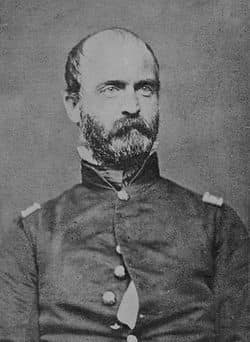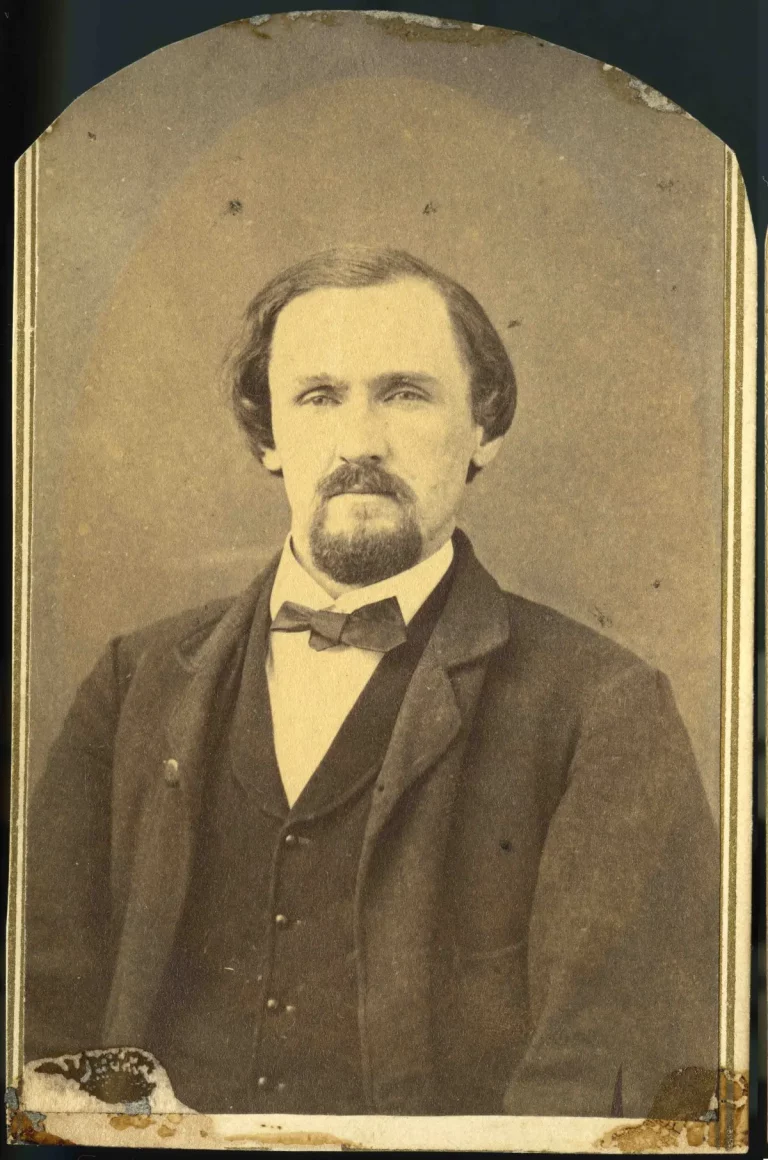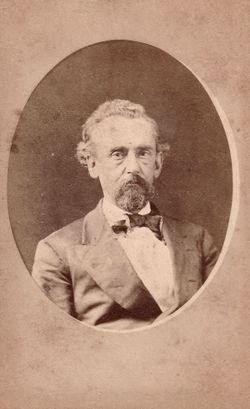About Publications Library Archives
heritagepost.org

Preserving Revolutionary & Civil War History

Preserving Revolutionary & Civil War History


Daniel Smith Donelson (June 23, 1801 – April 17, 1863) was a Tennessee politician and soldier. The historic river port of Fort Donelson was named for him as a Brigadier in the Tennessee militia, early in the American Civil War, in which he went on to serve as a Confederate general, notably at Perryville and…

Founder Of Mother’s Day Anna Marie Jarvis is the founder of the Mother’s Day holiday in the United States. Her birthplace, known as the Anna Jarvis House, was listed on the National Register of Historic Places in 1979. It was built in 1854 and is a two-story, frame dwelling, which is also notable as General…

Summary George Mason was a wealthy planter and an influential lawmaker who served as a member of the Fairfax County Court (1747–1752; 1764–1789), the Truro Parish vestry (1749–1785), the House of Burgesses (1758–1761), and the House of Delegates (1776–1780). In 1769, he helped organize a nonimportation movement to protest British imperial policies, and he later…

George Wythe Randolph was a lawyer, Confederate general, and, briefly, Confederate secretary of war during the American Civil War (1861–1865). The grandson of former U.S. president Thomas Jefferson, Randolph hailed from an elite Virginia family but largely shunned public life until John Brown‘s raid on Harpers Ferry in 1859. He supported secession, founded the Richmond…

John Tyler is famous for being the first vice president in the history of the United States to assume the full power of the presidency upon the death of a sitting president. In what became known as the “Tyler Precedent”, John Tyler’s rise to the presidency happened rather fortuitously, as some may describe. It is…



